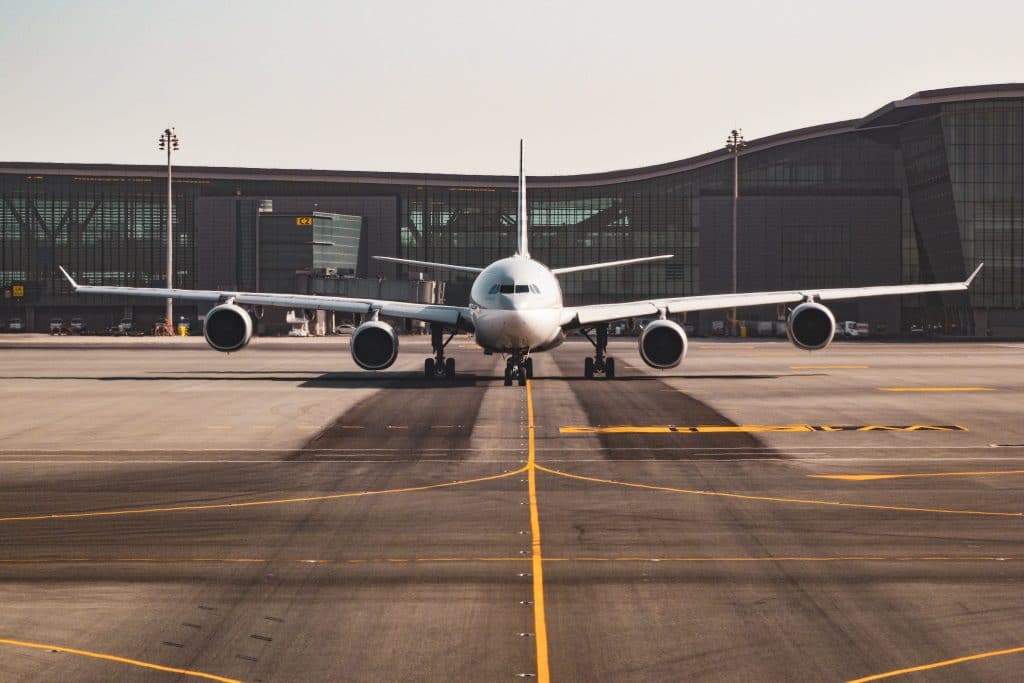Network Industries Quarterly, Vol. 20, No. 2 – Regulation for Artificial Intelligence and Robotics in Transportation, Logistics and Supply Chain Management
Under the terms of Internet of Things, Industry 4.0 and Physical Internet as well as several others, many automatization and digitalization trends are on the move for the transportation, logistics and supply chain sector. Many technology aspects are driving these developments, in line with economic aspects. But increasingly also questions of human perception, motivation and safety are entering the discussion, emerging as a crucial topical area for overall economic impact and success.
Regulation for technology developments in artificial intelligence and robotics are commonly seen as one of the important yet structurally neglected fields regarding the human perspective on increasing automatization. This was highlighted in 2017 by the European Parliament report and a public consultation, indicating that a vast majority of citizens in Europe is regarding those developments as positive innovation fields but where further safeguards and regulations are needed, see the EP Resolution on Civil Law Rules on Robotics, 2015/2103(INL).
This issue is connected to an innovation workshop that took place on February 26, 2018 at the Florence School of Regulation and directed at discussing the state of the art within the field of transportation, logistics and supply chain management. Furthermore, an evaluation regarding possible actions like regulation, agency- or industry-based approaches for establishing safeguards towards effective but risk-mitigating settings for this sector is aimed for.
Initial contributions collected here are directed at providing an interdisciplinary overview regarding the perspectives of industry and logistics actors, researchers in the economic, computer sciences, law and sociology domains as well as other interested parties from the field of political actors and associations. This shall enable the start of an open discussion what sorts of regulation are necessary in order to secure human trust and motivation in AI and robotics developments without placing too much of a burden to the economic development in the transportation, logistics and supply chain sector.
Guest editor: Matthias Klumpp
The guest editor of this special issue is Dr. Matthias Klumpp (Diploma University of Leipzig, M.A. University of Kassel, PhD University of Leipzig). Matthias Klumpp is currently a professor for logistics at FOM University of Applied Sciences Essen, Germany. He is also senior researcher at University of Duisburg-Essen and Fraunhofer Institute for Material Flow and Logistics Dortmund, Germany. His most recent published work is addressing questions of digitalization, human resources and sustainability in transportation and logistics; it appears in International Journal of Logistics Research and Application and Sustainability.
Download full pdf – Network Industries Quarterly – vol 20 – issue nr 2 – year 2018






